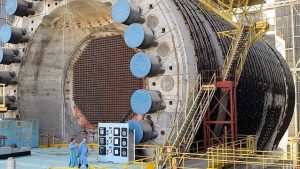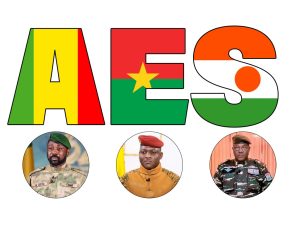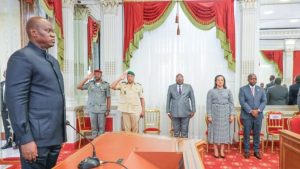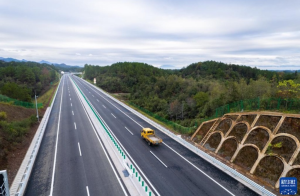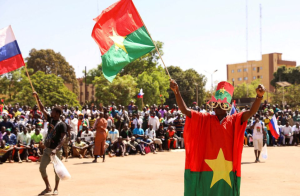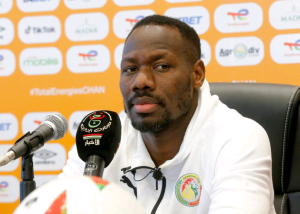Burkina Faso: At the heart of the sovereign rebuilding of the Sahel with the AES confederal parliament
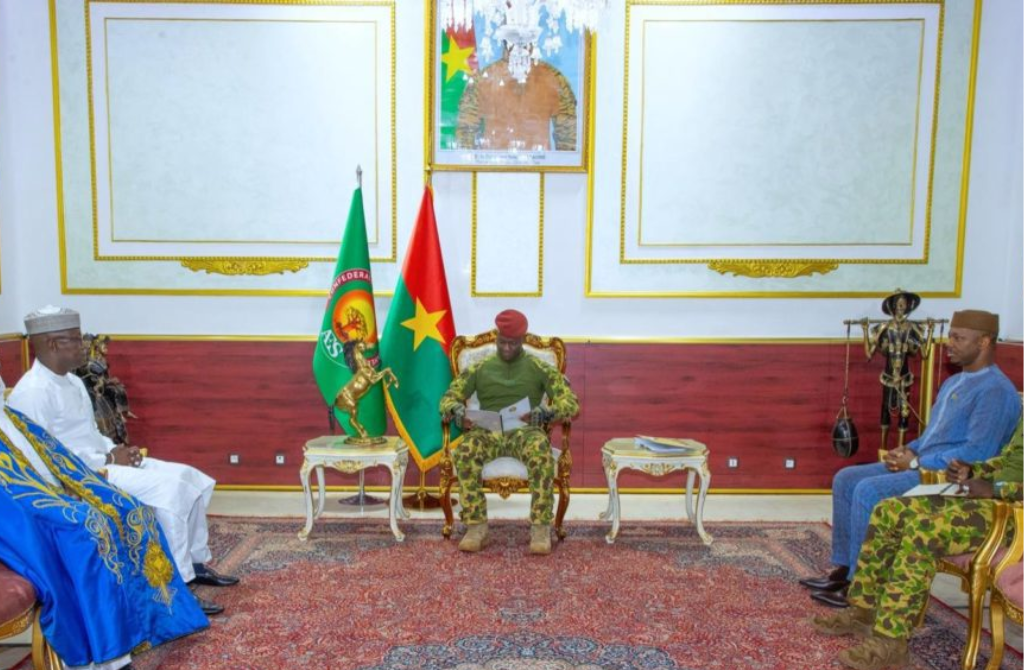
The audience granted on September 19, 2025, by the President of Burkina Faso, Captain Ibrahim TRAORÉ, to the presidents of the parliaments of Mali, Niger, and Burkina Faso, marks a decisive step in the contemporary history of Africa. Much more than an institutional exchange, this is an act of asserted sovereignty, a concrete milestone in the irreversible process of rebuilding the Sahel, driven by the Alliance of Sahel States (AES).
The official handover of the draft text for the future confederal parliament is a powerful symbol that of peoples marching toward their own destiny, without guardianship or diktats, in fidelity to their history and their deepest aspirations.
This confederal parliament, now in development, is not an empty shell. It embodies the political will to unify voices, combine intellects, and, most importantly, pool legal and human resources in the service of endogenous development.
It is a powerful tool for common governance, capable of harmonizing legislation, driving coordinated public policies, and catalyzing large-scale regional projects in key sectors such as security, education, health, agriculture, and industrialization.
This moment is both historic and strategic. Historic, because never before have our peoples been so close to building a common political framework free from imposed models.
Strategic, because in a context of global geopolitical realignment, the AES offers a Pan-African, sovereign, and courageous response to the crisis of the neocolonial state.
The confederal parliament is one of the three institutions provided for in the founding treaty of the Confederation of Sahel States.
This represents a major step toward a fully realized political integration, moving beyond the logic of technical cooperation and entering the era of sovereign political construction.
The commitment of Captain Ibrahim TRAORÉ to swiftly transmit the document to his counterparts and to work towards its adoption is proof of a leadership that is firm, coherent, and deeply rooted in the popular will.
This process of rebuilding is not taking place in drawing rooms but is moving at the rhythm of the people.
It is the expression of a Pan-African spirit that refuses submission and demands a governance anchored in our realities, our values, and our ambitions.
Olivier TOE

